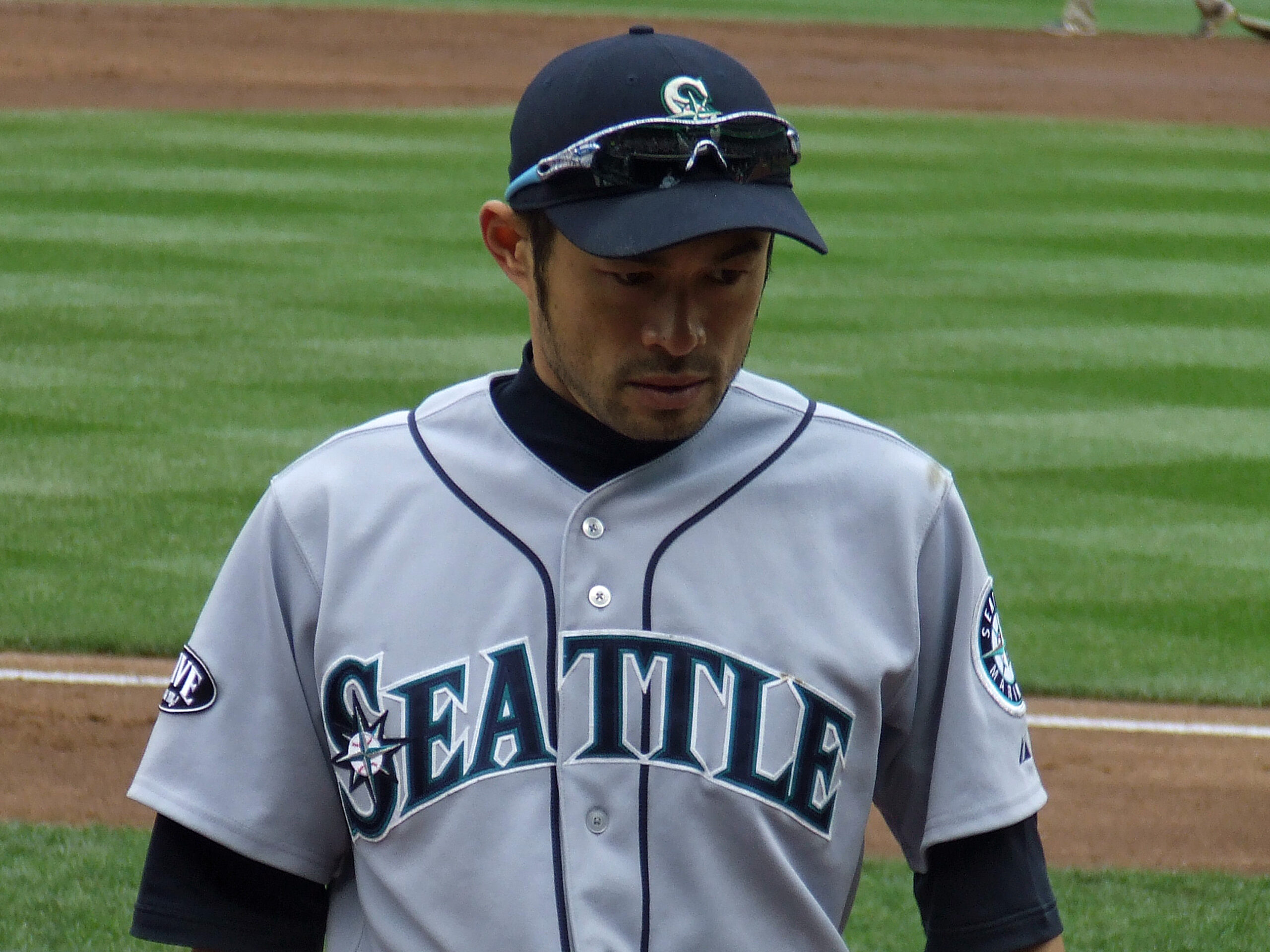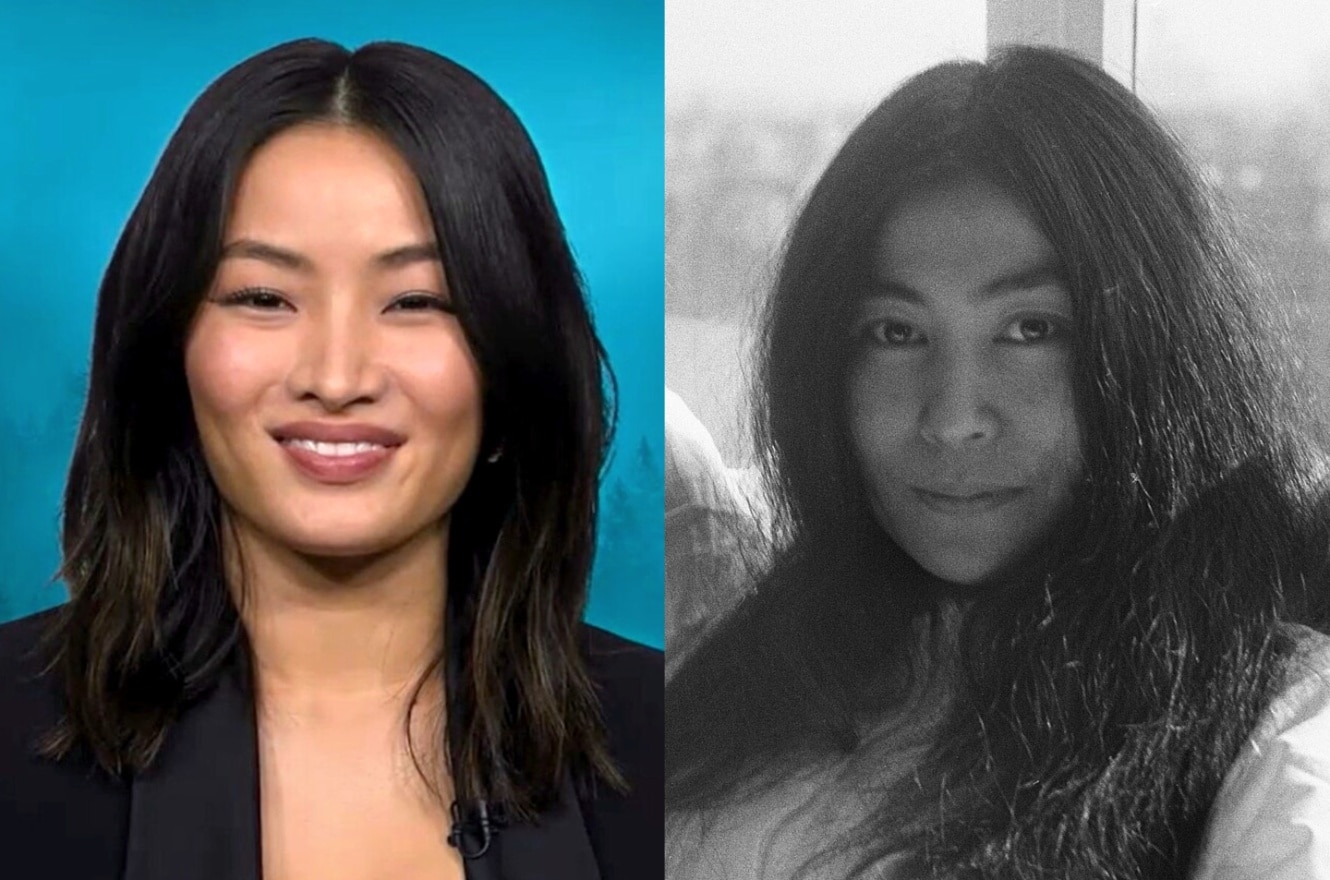Ichiro Suzuki, the iconic outfielder who spent the majority of his 19-year Major League Baseball (MLB) career with the Seattle Mariners, has been inducted into the National Baseball Hall of Fame. His induction on Sunday is not only a capstone to a storied career filled with broken records but also represents a significant moment of recognition and increased visibility for players of Asian descent within the sport. Suzuki becomes the first Asian player to be added to the historic Hall in Cooperstown.
Paving the Way for a Generation
Players of Asian and Asian American heritage across MLB have reflected on Suzuki’s impact, highlighting how his performance on the field cleared a path for a new generation of talent. Steven Kwan, an outfielder for the Cleveland Guardians of Japanese and Chinese descent, spoke to NBC News about Suzuki’s influence. “He was a player who looked like me: Left-handed, played the outfield,” Kwan said. “It kind of gave me hope at a really young age to see that someone who looks like me, plays like me, is able to succeed at the highest level and, not only that, gain the respect of everybody in the league too.”
Suzuki, who began his U.S. career in 2001 as the first Japanese position player to join MLB, missed a unanimous selection for the Hall of Fame by a single vote. While he was not the very first player from Japan in the big leagues – pitcher Masanori Murakami played briefly in 1964, and Hideo Nomo had a 13-year career – Suzuki proved to be by far the most successful.
During his nearly two decades in the league, Suzuki established himself as an elite contact hitter and a defensive genius. He was also known for his charismatic playing style. His impressive career accolades include 10 All-Star selections, 10 Gold Glove awards, and three Silver Slugger awards. His success contributed significantly to more Japanese players pursuing careers in the U.S.
Kwan, himself a two-time All-Star and three-time Gold Glove winner, stressed the importance of seeing a player who never concealed his Japanese heritage and always embraced his background on the field. Suzuki’s exceptional baseball intelligence also left a lasting impression. Kwan recalled a specific instance from 2015 when Suzuki, then with the Miami Marlins, cleverly deceived an opposing player, preventing a crucial run.
Read more: Shohei Ohtani Makes History (Again) With Third MVP Award
“He was near the end of his career,” Kwan remembered. “And even in his older age, he still had the baseball IQ to make it look like he was going to catch the ball, field the ball off the wall cleanly. I just remember that at the end of his career he was still making an impact. That was special to me.”
Corbin Carroll, an Arizona Diamondbacks outfielder of Taiwanese descent who grew up attending Mariners games in Seattle, shared a similar sentiment. Carroll, who in 2023 became the first Asian American MLB Rookie of the Year, vividly remembers sitting in the right-field bleachers with his family, as his mother took a photo of Suzuki in his signature pose. “That’s one of my earliest memories. The photo I kept in my room as I was growing up and still have to this day,” Carroll said. He added that watching Suzuki “made me feel like maybe one day I could do it and play at that level.”
Beyond the Numbers: A Symbol of Hope
Suzuki had previously told NBC News that he did not set out to “perform for Asians” but was acutely aware that his performance would significantly impact the group, in addition to his home country of Japan. He understood the immense pressure to excel.
“As a player from Japan, as a guy that had led the league in hitting all seven years, and then coming over being a first position player, I knew that I would be judged. And Japan baseball will be judged on how I did,” Suzuki said. “If I wasn’t able to produce, then they would judge Japan baseball as being at a lower level. And so that pressure was there and that’s what I had to carry.”
Suzuki, who now serves as a special assistant to the Mariners’ chairman, continues to impart his wisdom to younger players. “Guys that have his career and his caliber don’t have to do stuff like that, but people that do that go out of their way. That means a lot,” Woo said.
Ultimately, Kwan believes Suzuki’s place in the Hall of Fame symbolises a new era. “I think it’s just showing that one person needs to pave the way for a whole generation to believe that they can play baseball,” Kwan stated.










